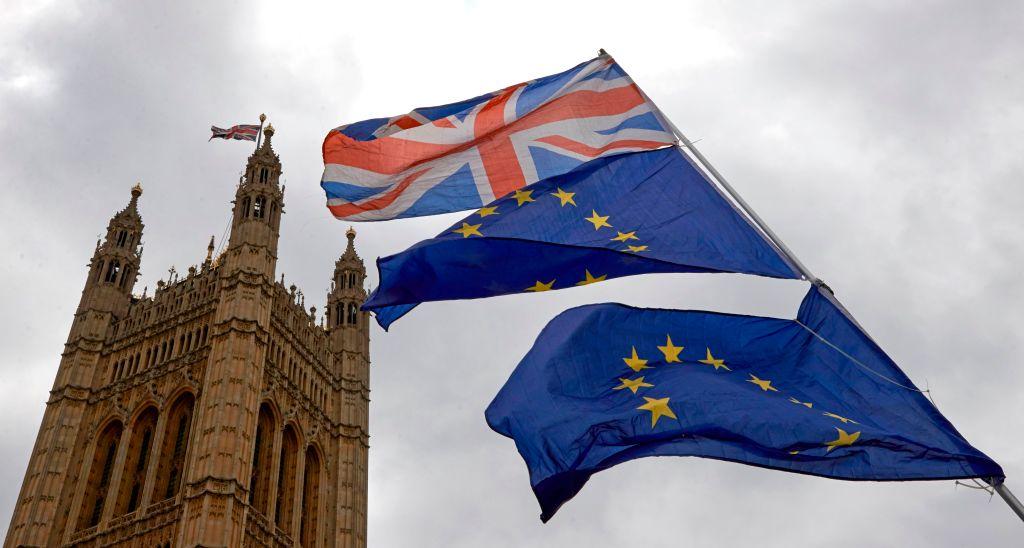The British government has said reports that it is seeking a “Swiss-style” relationship with the EU are “categorically untrue.”
It follows a report in The Sunday Times that claimed Prime Minister Rishi Sunak was considering building a closer economic relationship with the bloc in a bid to avoid trade barriers, a suggestion which attracted fierce criticism from eurosceptics within the party.




